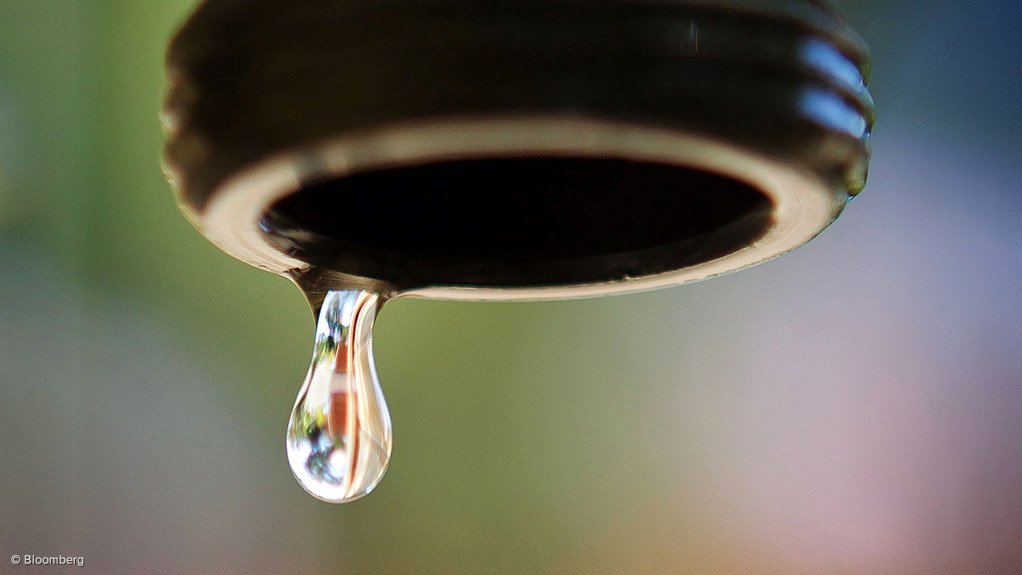Day Zero in Cape Town has been brought forward by nine days to April 12 due to a drop in dam levels, City of Cape Town Deputy Mayor Ian Neilson said on Tuesday.
"Unfortunately, due to a drop in the dam levels of 1.4%, Day Zero has, as of today, moved forward to 12 April 2018," said Neilson.
"To those of you who are not yet part of the massive water-saving efforts that are underway in Cape Town, we urge you to join friends, neighbours, colleagues and team Cape Town as a whole in beating back Day Zero," he said.
Day Zero marks the day when there will be no water left for the city's taps due to the drought.
Neilson also said that desalination and aquifer projects would not help provide enough water to avoid Day Zero this year, but would help the city through the next dry season.
"Our main focus at this point must be on what we can do now to prevent our taps running dry by April."
Stellenbosch drilling boreholes
From February 1, there will be Level 6B restrictions in the City of Cape Town, reducing maximum daily consumption per person to 50 litres a day, from 87 litres.
Western Cape Premier Helen Zille has asked President Jacob Zuma to declare a national disaster in the face of the likelihood that the city will run out of tap water.
In the meantime, the Stellenbosch municipality announced on Tuesday that it was close to partly weaning itself off the City of Cape Town's water supply system through drilling its own boreholes, which will leave Cape Town more water.
It is planning to have 18 000 million litres of purified water per day available from April 1 this year, by connecting boreholes to its main water supply system so that it depends less on the City of Cape Town's water sources.
By the end of March, the Stellenbosch municipality plans to take Klapmuts, Franschhoek and Dwarsrivier, (including Pniel, Kylemore, Johannesdal and Lanquedoc), off the Wemmershoek system and connect it to its own water system, freeing up water for the City of Cape Town.
Stellenbosch Mayor Gesie van Deventer said the Winelands town would get through the drought if all residents and local businesses kept reducing how much water they use.
EMAIL THIS ARTICLE SAVE THIS ARTICLE
To subscribe email subscriptions@creamermedia.co.za or click here
To advertise email advertising@creamermedia.co.za or click here











